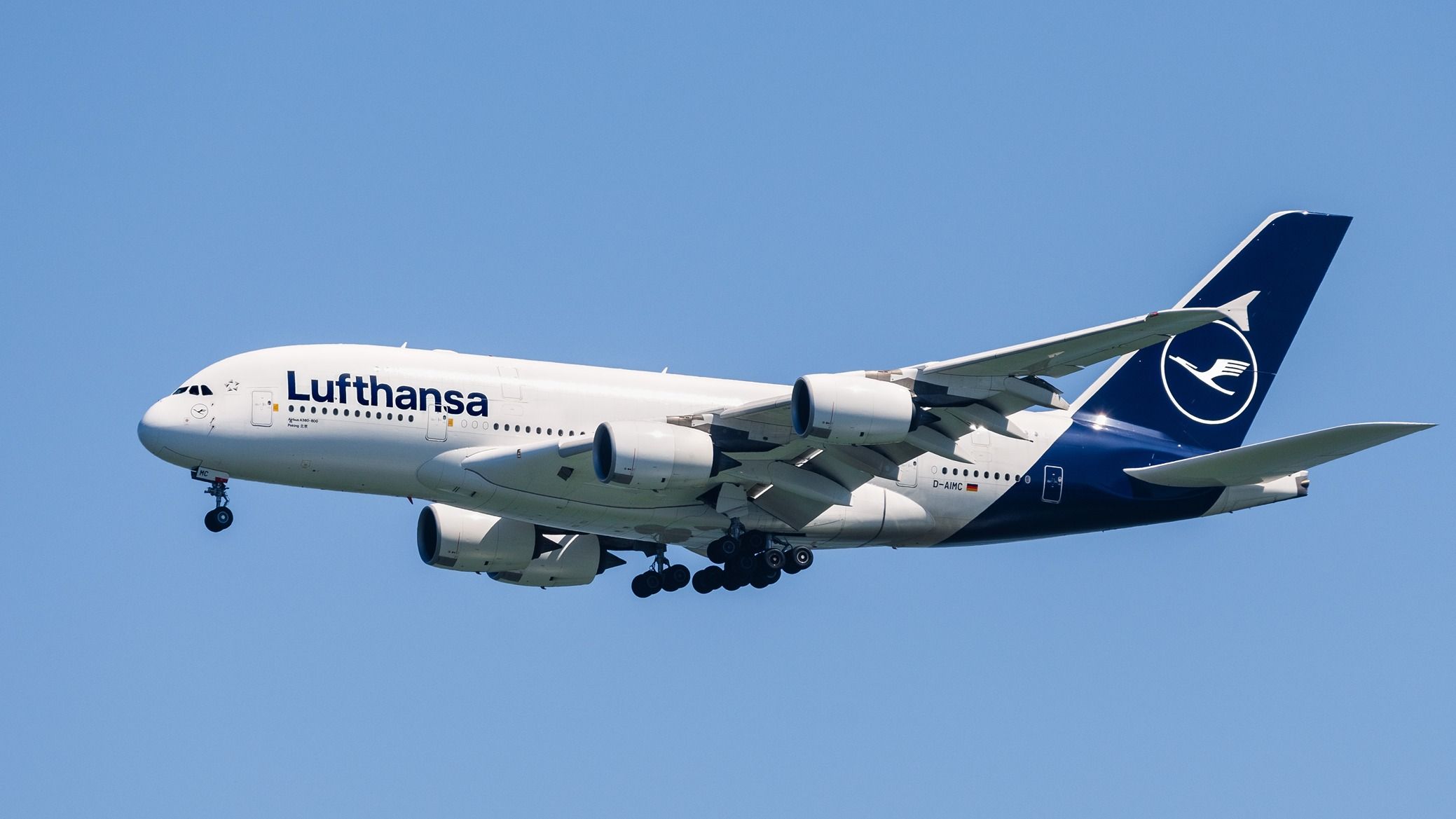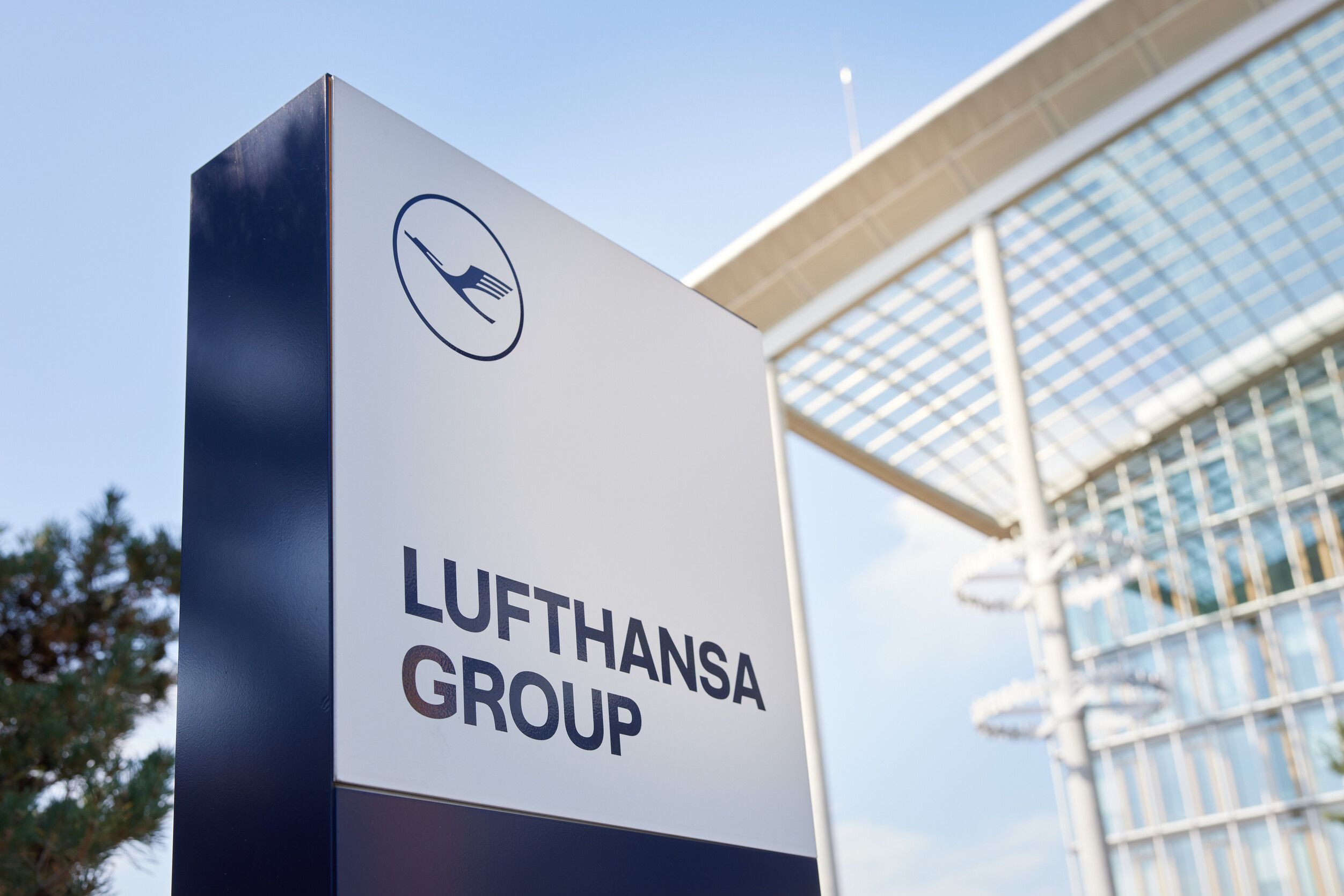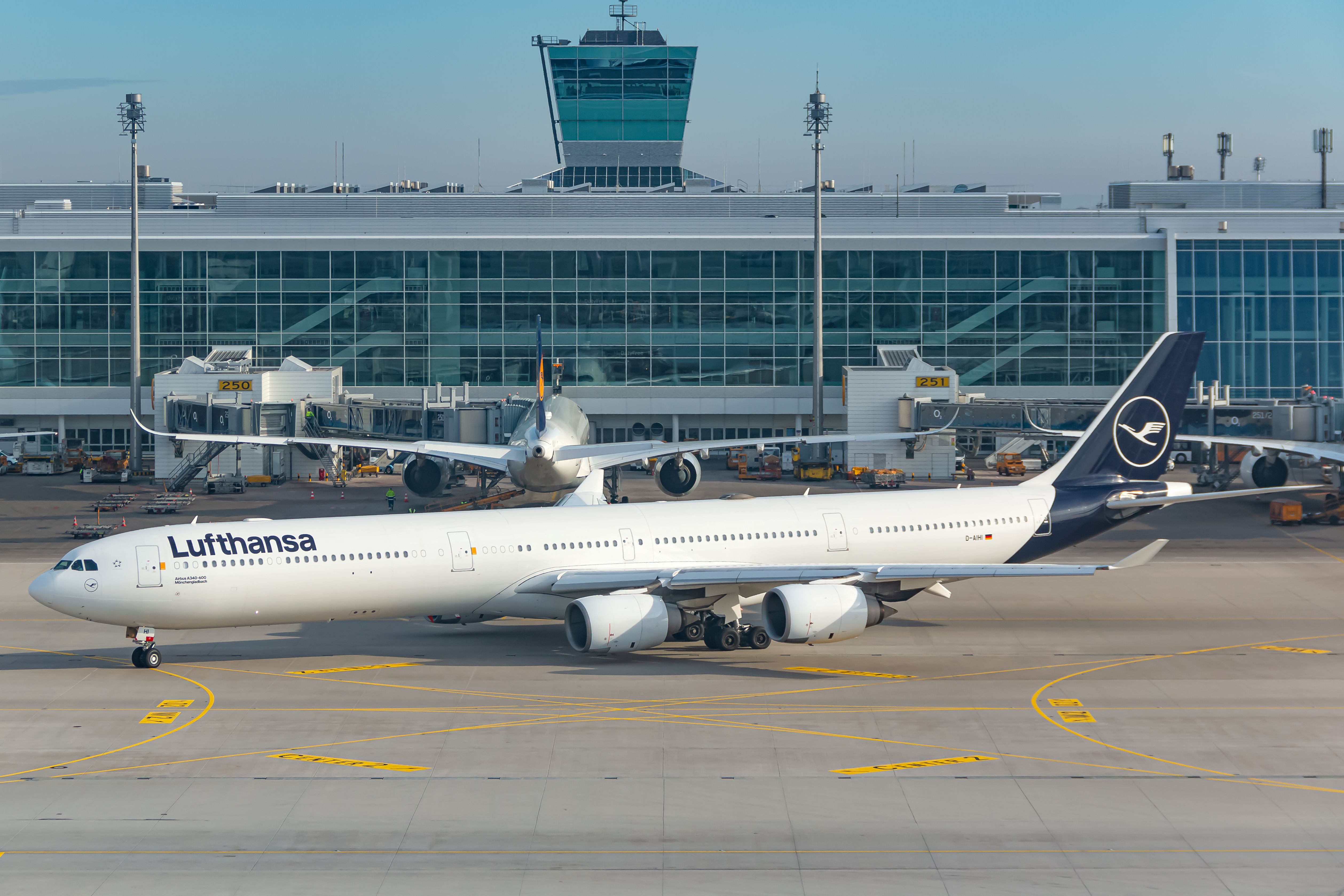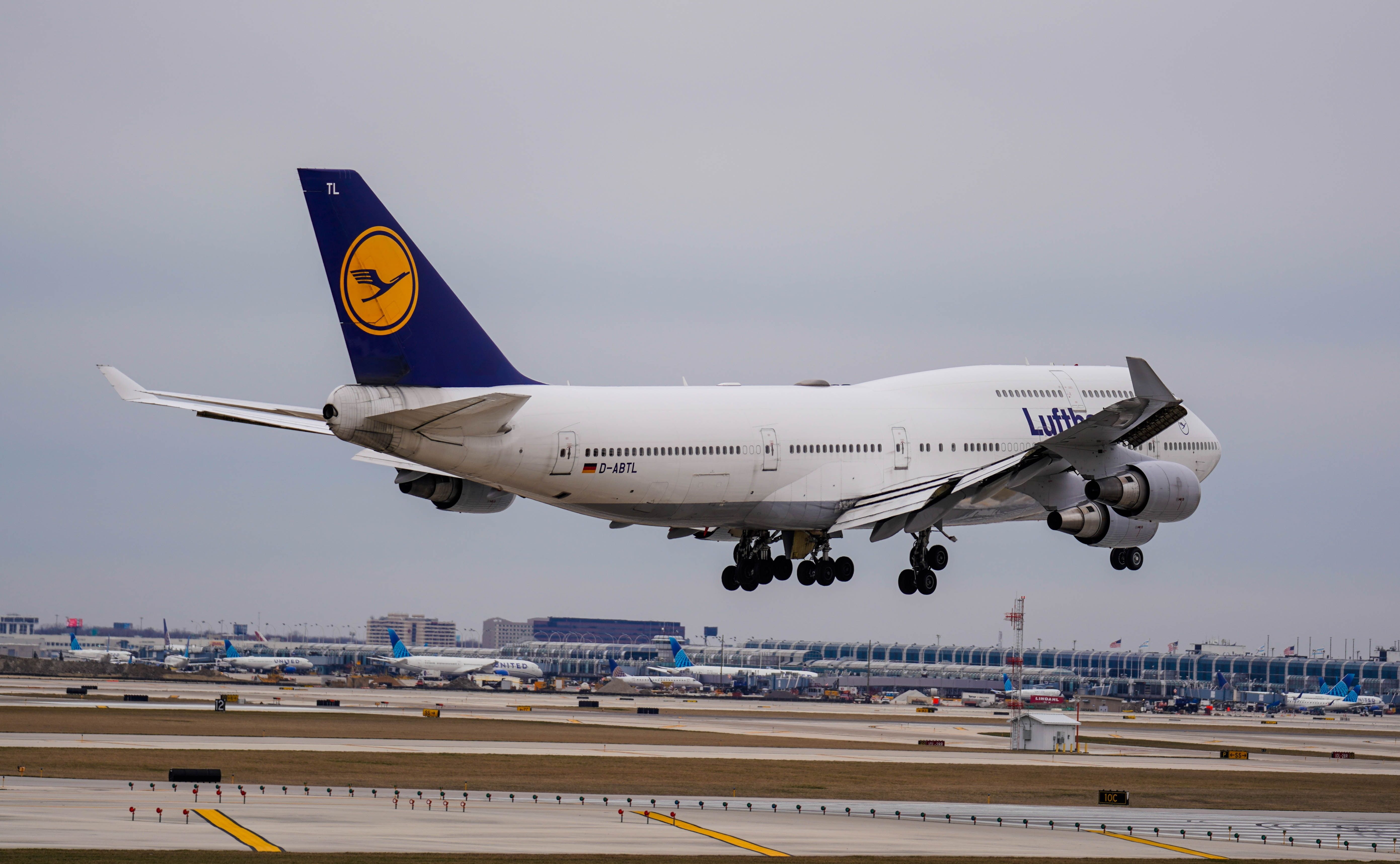Summary
- Lufthansa Group reported a net loss in Q2, despite reaching over $10 billion of revenue during the period.
- Lufthansa, the group’s flagship airline, had strugglesddue to strikes, aircraft delivery delays, low demand in Asia-Pacific, and operational inefficiencies.
- However, the group announced Lufthansa’s turnaround plan, which includes the retirement of many of its four-engine aircraft, including the Airbus A340 and Boeing 747-400.
Lufthansa Group has suffered a net loss in Q2 and H1, with the group battling external and internal problems that have included strikes from its employees and system partners, as well as yield pressures due to growing capacity in its markets.
Crossing the €10 billion mark
Still, as highlighted by Carsten Spohr, the chairman and chief executive officer (CEO) of Lufthansa Group, the group had managed to cross the €10 billion ($10.8 billion) revenue mark for the first time in its history in Q2.
However, according to Spohr, as capacity in global airline markets had been growing throughout the quarter, fares had normalized, and average yields continued, it had to readjust its profit expectations.
Photo: Lufthansa Group
As a result, despite ending Q2 with revenue of €10 billion ($10.8 billion), the group’s net loss was €265 million ($287.3 million) during the quarter, with earnings before interest and taxes (EBIT) for the quarter being -€212 million ($229.8 million).
During the first six months of 2024, the group’s revenue was €17.3 billion ($18.7 billion), resulting in a net profit of €469 million ($508.6 million) and an EBIT of €659 million ($714.6 million). Lufthansa Group’s adjusted EBIT was €686 million ($743 million) in H1.
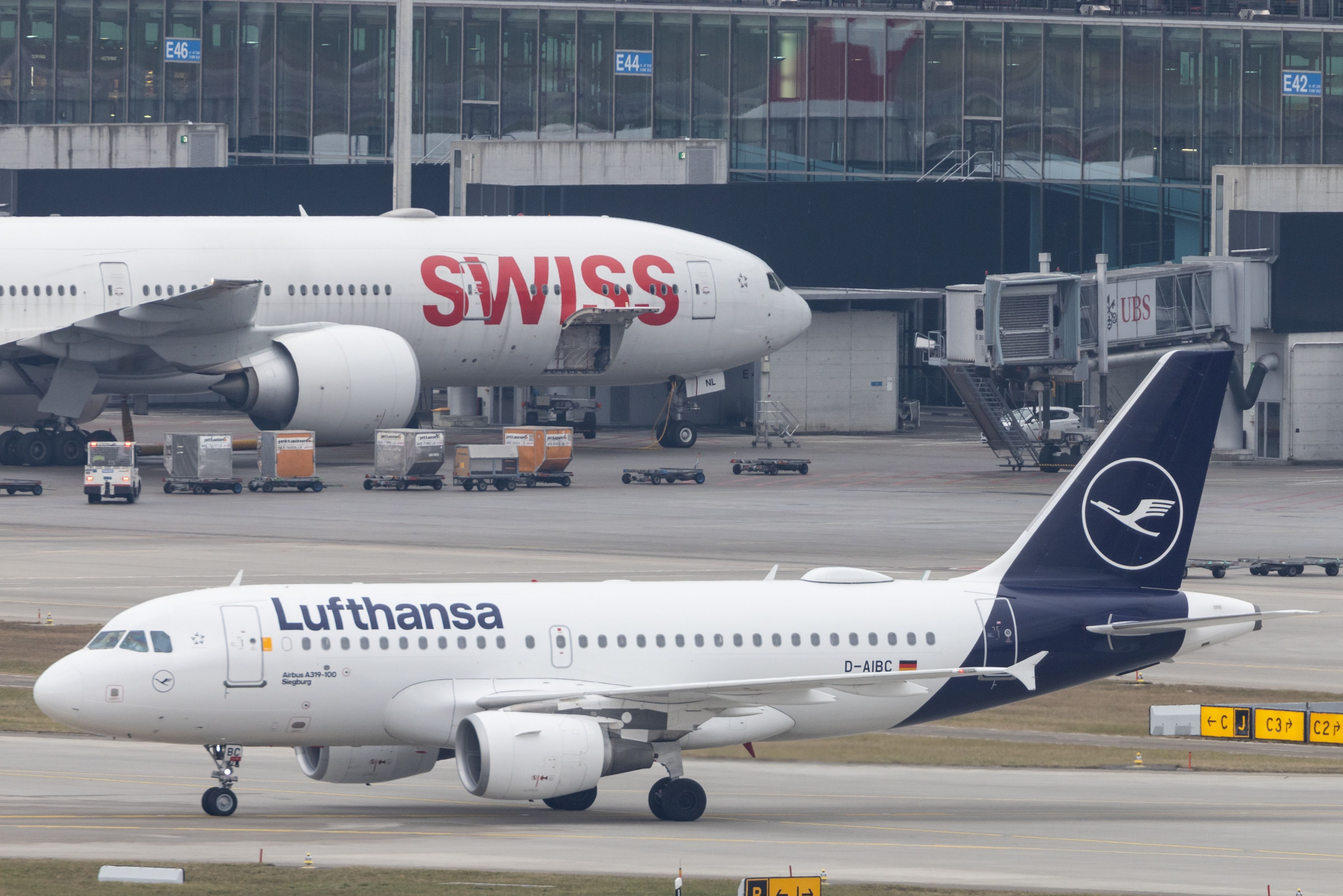
Related
Strikes Cost Lufthansa Group $375m In First Quarter
However, Lufthansa Group still expects a positive summer and the end of the year as it plans to grow its capacity Year-on-Year (YoY).
Lufthansa’s painful six months
Sphor stated that the group’s most important airline, Lufthansa, was in particular affected during the first six months of 2024.
“This is because, in addition to the effects of market developments, there were special effects such as the high strike costs, further delays in aircraft deliveries and the resulting inefficiencies, as well as structural problems of the airline.”
As a result, the group decided to accelerate the transformation of its flagship carrier, aiming for the airline to once again regain that title within the group.
Photo: Lukas Wunderlich | Shutterstock
However, Spohr pointed out that other group airlines and Lufthansa Cargo performed well during the quarter, with the scheduled passenger carriers ending Q2 with an EBIT of €563 million ($610.5 million).
Detailing Lufthansa’s problems, the group pointed out aircraft delivery delays, low demand for flights in Asia-Pacific, and inefficiencies within Lufthansa and Lufthansa CityLine as the culprits for the airline’s underperformance.
“The disproportionately high increase in location cost in Germany and new collective labor agreements for cockpit, cabin and ground staff also had a negative impact on earnings.”
Lufthansa ended H1 with a net loss of €427 million ($463 million), with the group adding that achieving a break-even full-year result has become increasingly difficult for the airline.
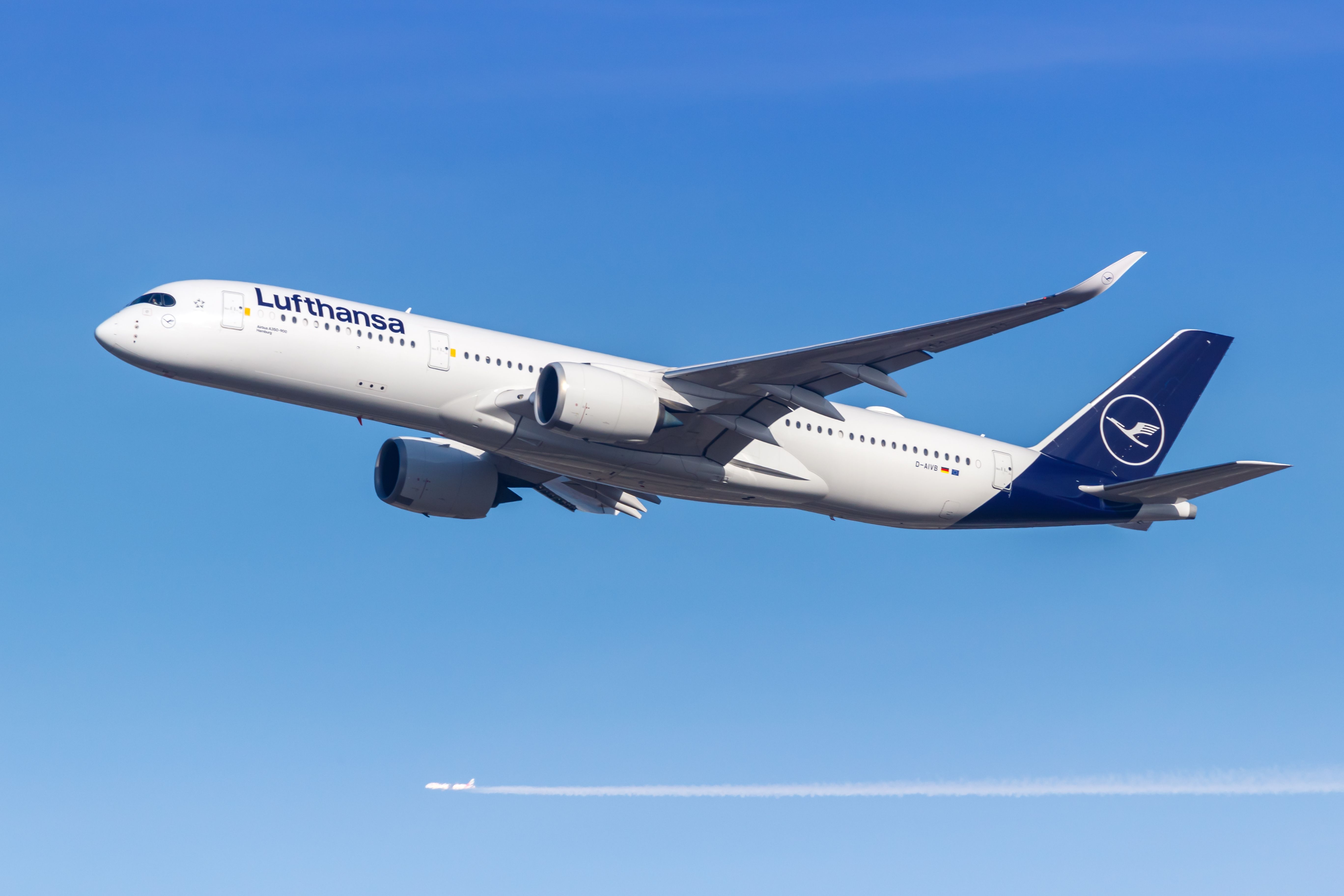
Related
Lufthansa Group Is Losing $540 Million A Year To Aircraft Delivery Delays
The group’s chief executive estimated the negative financial impact as both Airbus and Boeing have struggled to deliver aircraft on time.
Retiring A330, A340, and 747-400 aircraft
The group stated that Lufthansa’s turnaround program will include a heavier focus on its premium product, namely the newly introduced Allegris cabins, improvements to the customer experience, adjusting its network, increasing crew productivity, and expanding the operations of Discover Airlines and Lufthansa City Airlines.
Speaking about the latter point, Lufthansa Group said that this would allow Lufthansa to develop its product offering at Frankfurt Airport (FRA) and Munich Airport (MUC) “at competitive costs.”
Photo: MKPhoto12 | Shutterstock
Lastly, the German airline will retire the Airbus A330-200, A340-300, A340-600, and Boeing 747-400 aircraft by 2028. According to ch-aviation data, Lufthansa has 17 A340-300 (one inactive), 17 A340-600 (ten inactive), and eight 747-400 (one inactive) aircraft.
While the airline does not have any A330-200s, only operating nine A330-300 aircraft, Discovery Airlines has ten A330-300 in its fleet.
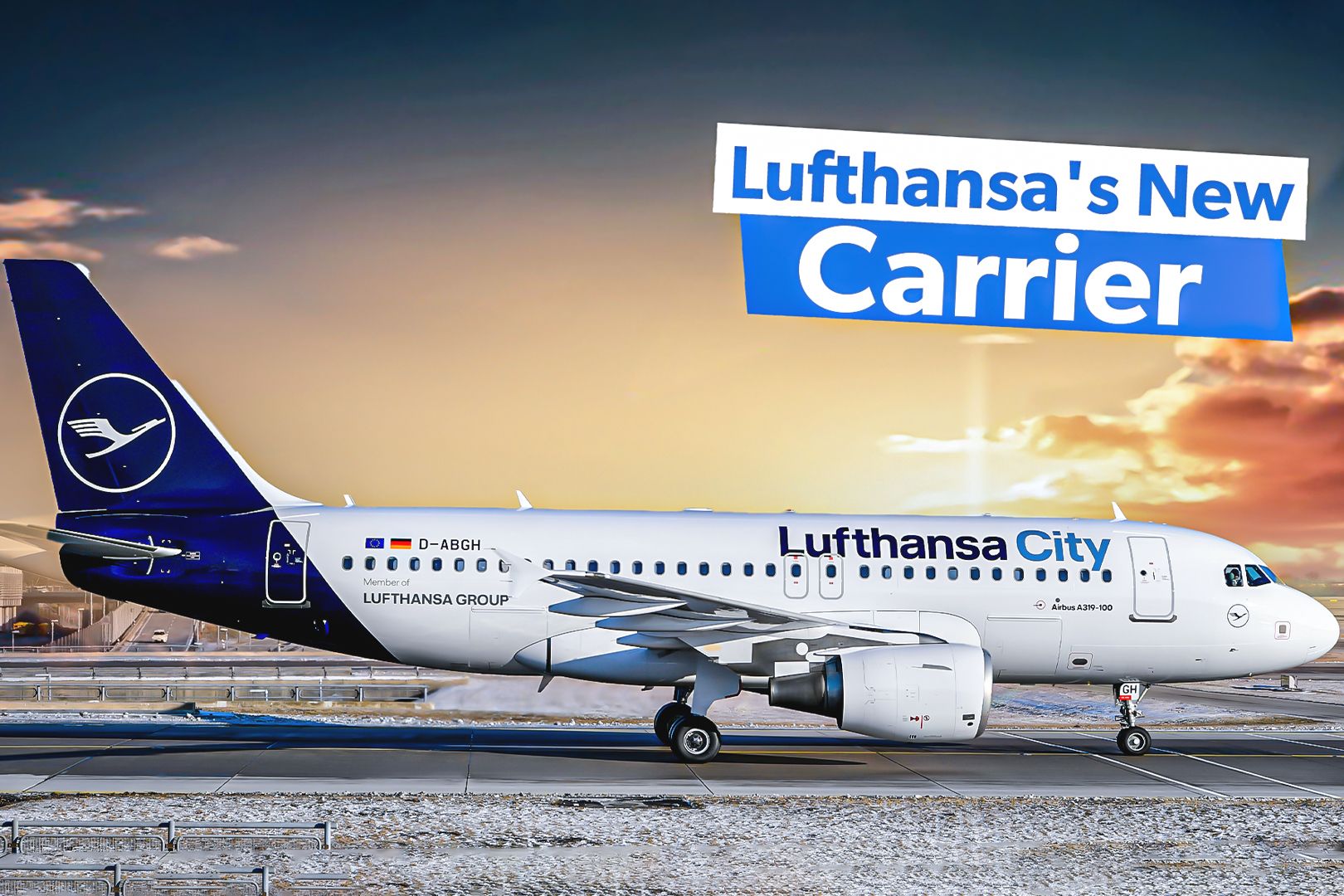
Related
Why Did Lufthansa Launch Lufthansa City Airlines?
The airline and its pilots’ union, Vereinigung Cockpit (VC), have provided different perspectives on the situation.

